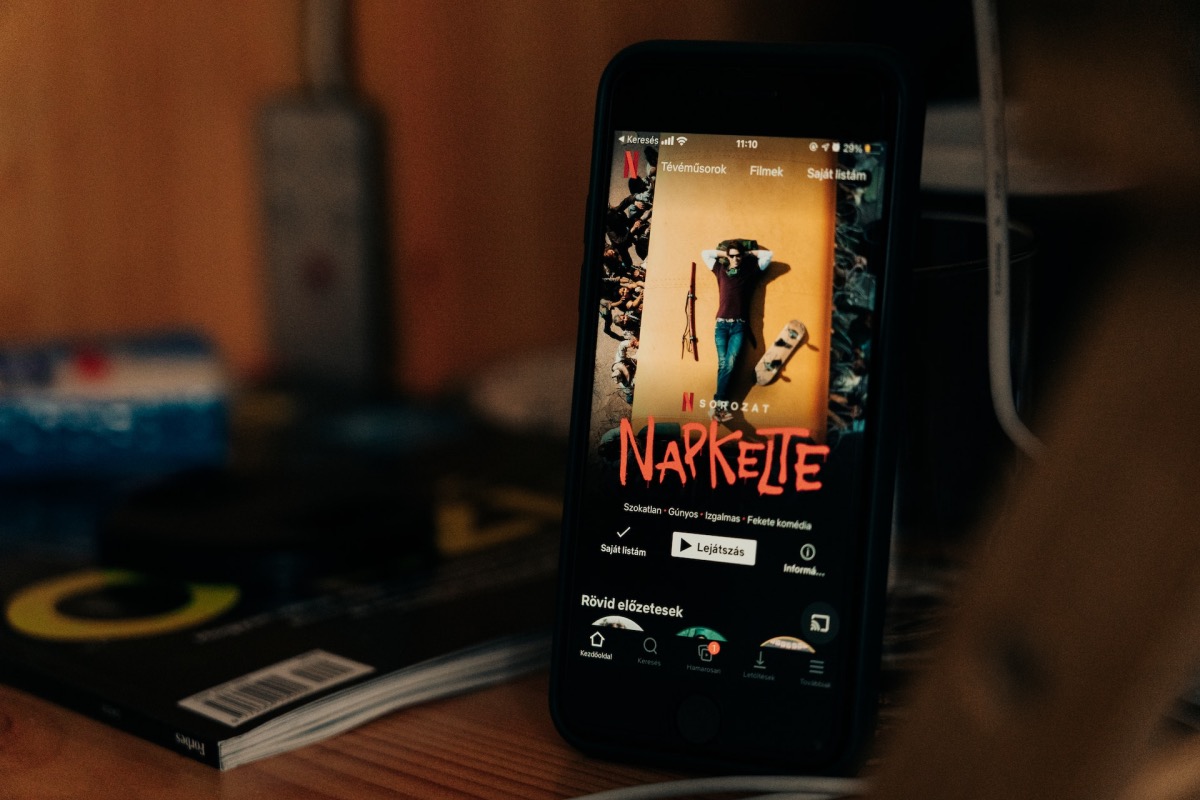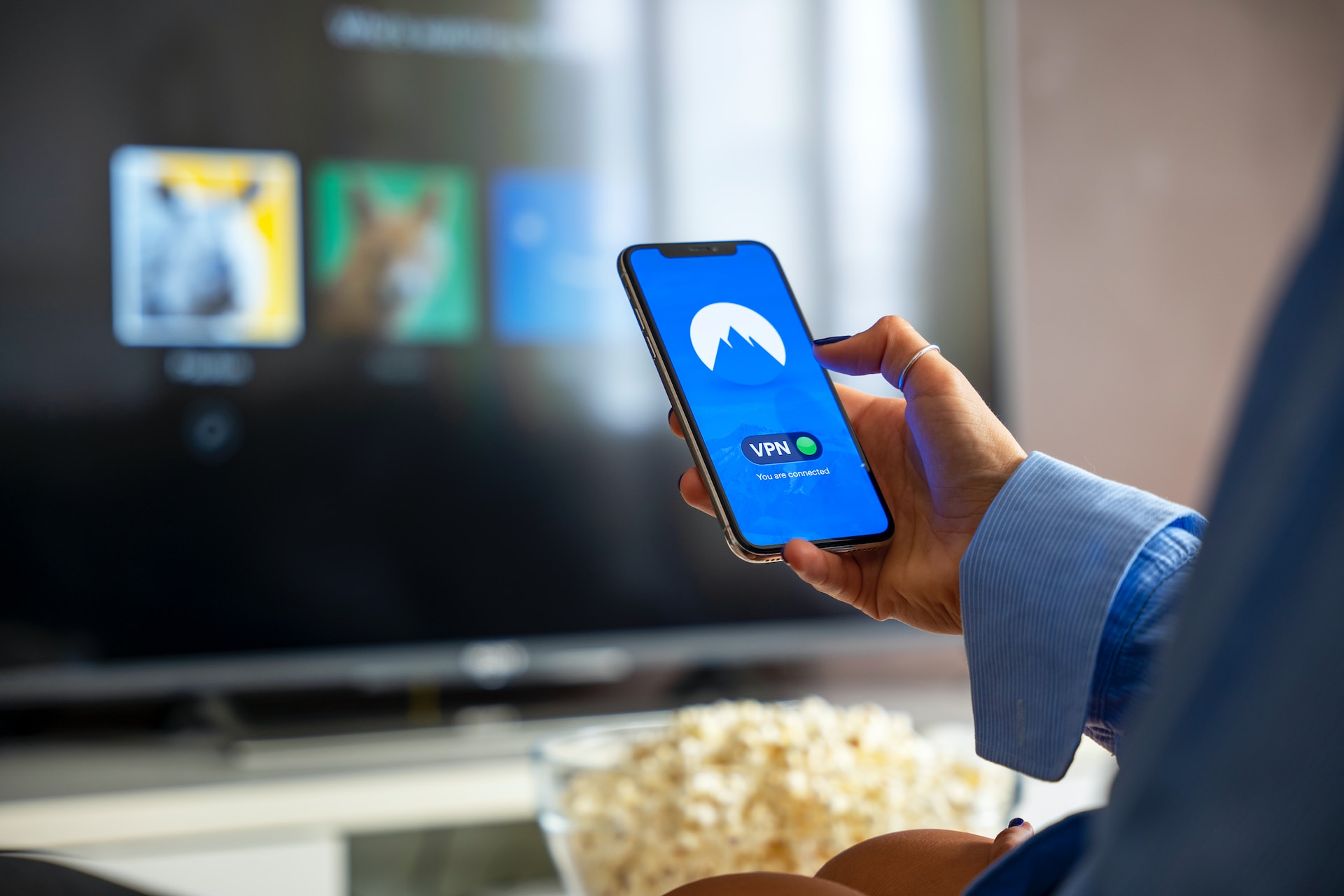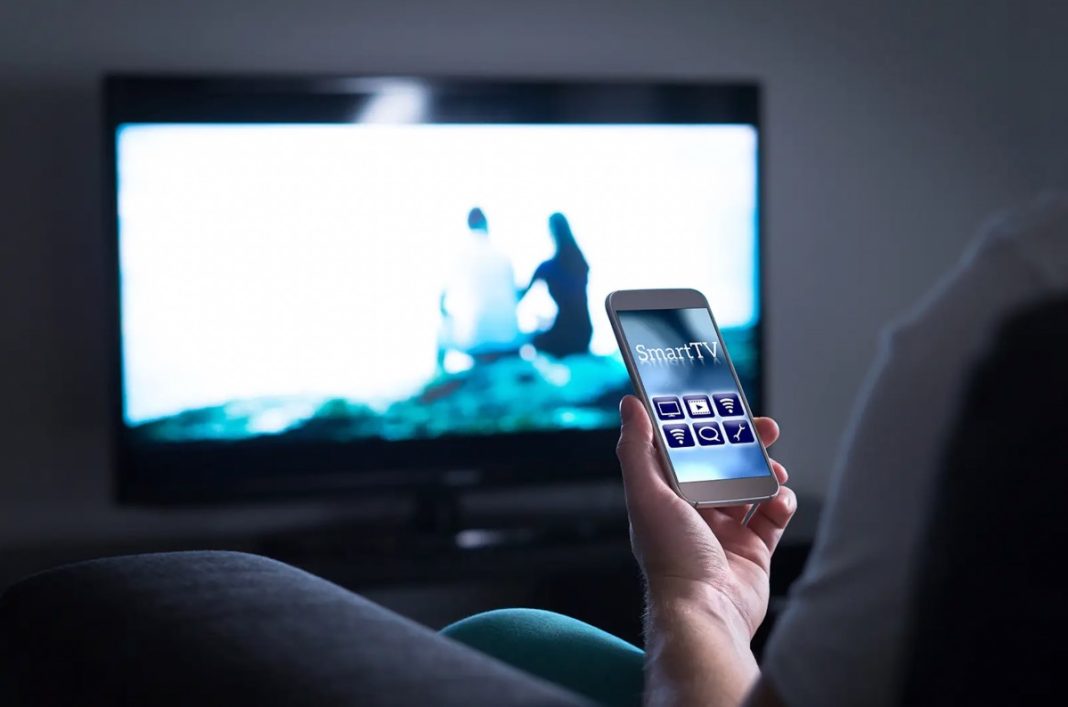It’s arguable that in some parts of the world, it’s uncommon to encounter people who don’t own a smartphone. This widespread usage means that entertainment mediums have all made themselves accessible on this device – be it movies, TV shows or video games. In a vacuum, this makes sense and simply seems like the consumer has more ways to enjoy this content and nothing more.
Is that all, though? Or has this accessibility actively changed the content in question? After all, if more and more people are engaging with the content through the smartphone instead of the originally intended medium, doesn’t the content then have to change in order to better suit the new format?

The Multiple Types of Gaming
The response of gaming as a medium to this has been to splinter. This hasn’t happened all at once, but it’s easy to view mobile gaming as being somewhat distinct from console and PC gaming, even when certain titles are available across all platforms. Mobile gaming is more often thought of as the home of freemium games, as well as online web casinos that can offer a variety of familiar classics. The different formats appeal to different audiences too, and can offer a wider pool of experiences, meaning that you can better customize the hobby of gaming to what you want to get out of it.

Modern TV Shows
There is an argument that modern TV shows are often developed with this kind of audience in mind. It’s important not to brush with a broad stroke, as it won’t always be the case, but writers and producers expect audiences to be distracted or not viewing with their full attention, so plot beats have to be more digestible and easily apparent so that viewers don’t miss things. This doesn’t just apply to shows that are expected to be viewed on mobile devices, but also to people who watch shows on TV while scrolling on their phones. Smartphones are a part of the modern world, and if a show is uninteresting due to it taking too much effort to follow, it might risk losing viewers.
Filmmaking Fractures
This is a very divisive topic on the whole, though, and this can perhaps be seen most clearly when it comes to filmmakers who voice their own opinions on the matter. David Lynch has been famously outspoken on this, and with film being such a visual medium, it goes to follow that much of this communication could be lost by the compressed screen size.

Compared with TV shows, it’s clear to see that film has had a rockier transition into the streaming landscape. Over the course of the pandemic, it looked as though the streaming model could absorb film in the same way, making watching films in the cinema a thing of the past. However, the presence of multiple films raking in billions at the box office in a post-pandemic world shows that this might not be the case, making film a medium that seems to carve out its own distinctive path ahead.







